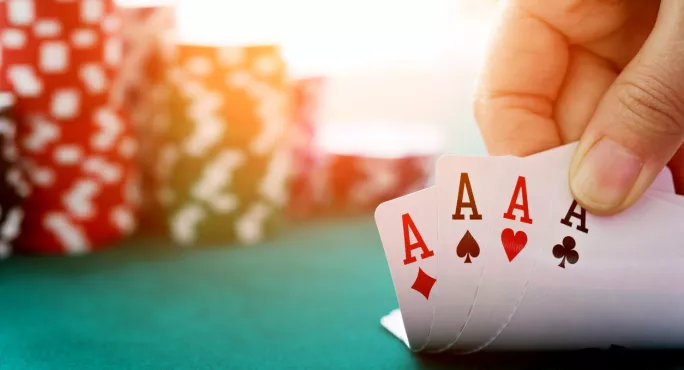- Home
- You don’t have to be Einstein to know students aren’t fish
You don’t have to be Einstein to know students aren’t fish

As an English teacher, I’m a fan of metaphor and imagery. But social media seems to reduce our potential for meaningful insight, while amplifying a tendency towards cute, vacuous attempts at profundity.
One such tiresome example is the idea that “[insert aspect of education that you are disagreeing with] is like judging a fish on how well it climbs a tree”, which is often attributed to Einstein because he’s a sort of synecdoche for genius. The problem is that he didn’t actually say it.
Einstein was more an advocate for using education to develop independent thinking, but that doesn’t fit with the narrative the analogy is being used to support. It presents the idea that there are “types” of students: fish, elephants, monkeys, each of which is specialised to its own environment, but which cannot succeed in another’s.
So some young people are born with an ability in a subject and others are not. It’s a quick and effective way to excuse poor results, poor provision and low expectations. It’s a pretty horrifying mindset if you think about it for a moment and I truly don’t understand how anyone could so freely be classifying students into different limited “types”, while presumably walking past numerous British Values posters every day.
‘Massive strides’
I’m proud that, as a society, we have taken such massive strides away from making limiting assumptions based on a person’s gender or race that to do so now seems unimaginable. But it is no more excusable to transfer the same assumptions across to social class, or prior educational experience, or region, or physiognomy, or star sign, or whatever.
The tree-climbing analogy is often applied to GCSE English, especially for those students resitting the exam post-16, where the “fish” will very likely be economically disadvantaged. It’s easy to say that some students are a type that cannot achieve in the GCSE. That way it’s nobody’s fault if they don’t. However, I object to the idea that we are prisoners of our genes, our class, or even of the circumstances of our latter teenage years, and that’s not the message that further education projects.
Our sector exudes possibility and opportunity. Whether they’re aged 17 or 77, FE provides the support for our students to develop themselves, pursue their aspirations and change the hand they’ve been dealt.
It’s difficult to even bring myself to adapt the analogy to make fun of it because it’s just so patronising to think of our learners, the young people bubbling with potential who actually motivate us to get out of bed and go to work every day, as helpless fish flopping on the ground beneath some sapling they can’t get a grip on.
They’re not fish; they’re humans, and versatility is our species’ defining characteristic. We can climb trees and swim and construct wonders with our hands, and succeed in GCSE English. Those things are not mutually exclusive.
‘Crackling minds’
Ironically, I’ve spent weeks preparing my students for non-fiction writing by telling them to make up quotations, along with statistics, and anything else to jazz up that section of their exam. After all, the GCSE is not about testing knowledge, it tests skill. Students are required to show understanding of language and confidence in its use. Making up a quotation and attributing it to Einstein will show familiarity with the conventions of an article, for example.
Einstein didn’t say the thing about fish climbing trees, or about insanity being defined by repeating the same thing and expecting different results, or about human stupidity being one of two things that is infinite. It amuses me to imagine that those mythical aphorisms perhaps originated in the crackling minds of GCSE students making them up to show that they know a news article is likely to include quotations from authoritative figures. However, educators engaging in real-life debate are not confined to an exam hall, and most schools and colleges have libraries and online journal subscriptions that mean we don’t have to support our arguments with citations from Twitter.
Andrew Otty leads 16-19 English in an FE college. He is an ambassador for education charity Shine
Keep reading for just £1 per month
You've reached your limit of free articles this month. Subscribe for £1 per month for three months and get:
- Unlimited access to all Tes magazine content
- Exclusive subscriber-only stories
- Award-winning email newsletters



